Growing up, my home was a collection of other people’s things.
My parents bought plenty of things new, but many of the biggest items in our home didn’t come from a store.
My dad made some of our furniture—the dining table of my early childhood, some side tables, and the patio furniture out front—on his woodworking bench in the garage.
Our couches? The white ones with oddly bright pastel stripes? Or how about the glass table and wicker-backed chairs? My parents took those off someone’s hands, and come to think of it, I don’t even know whose.
Even now, a tour of their home might highlight artwork from an old neighbor or china and decorative objects from my grandparents who have now passed away. I don’t remember where our piano came from, but I know it wasn’t ours first—and my parents still have and use it to this day.
My parents’ home reminds me that our belongings are never really gone.
Once we’ve decided we’re done owning them, they don’t magically cease to exist. They may find their way into a loved one’s house or to a donation center. Belongings that go unsold at Goodwill may eventually make it as far as an underdeveloped country… or a landfill.
This brings me to my first hard truth about clutter, but it’s only one of many. I believe that clutter is keeping too many of us from living well. Let’s change that.
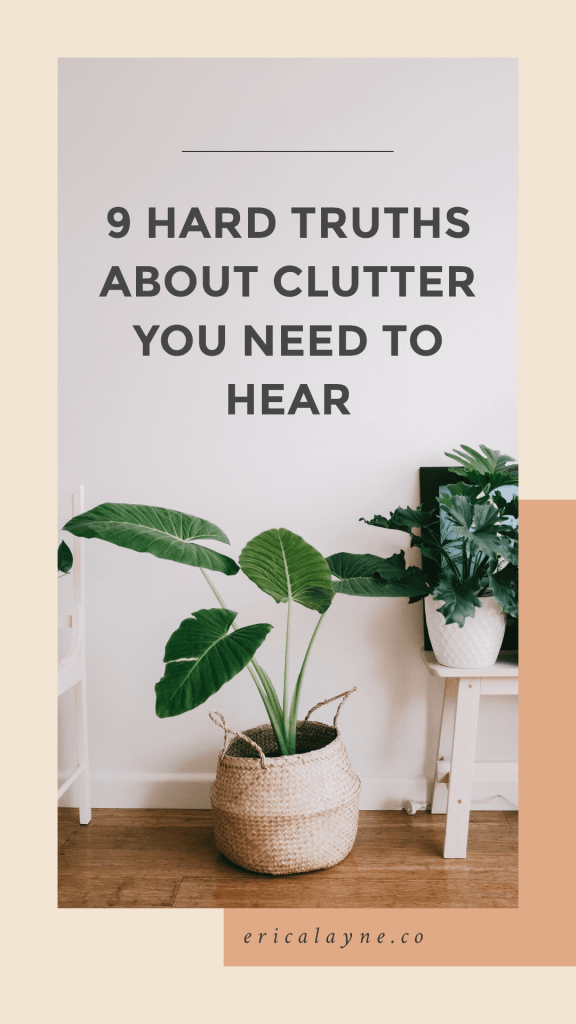
9 Hard Truths About Clutter You Need to Hear
1. Nothing you own is ever really gone; it will continue to exist… somewhere
I remember searching for a piano on craigslist. It turns out, there are pianos all over the place. Old pianos in people’s back rooms, sheds, porches, even their gardens.
This truth is motivation for me to be judicious about what I buy.
2. The best way to clear clutter is to reduce what you bring in
It really is. Never start a decluttering journey without giving real thought to your consumption habits. Otherwise, you’ll find yourself right back in the same spot, over-cluttered and weighed down.
Set a goal to not only get rid of more but to buy less.
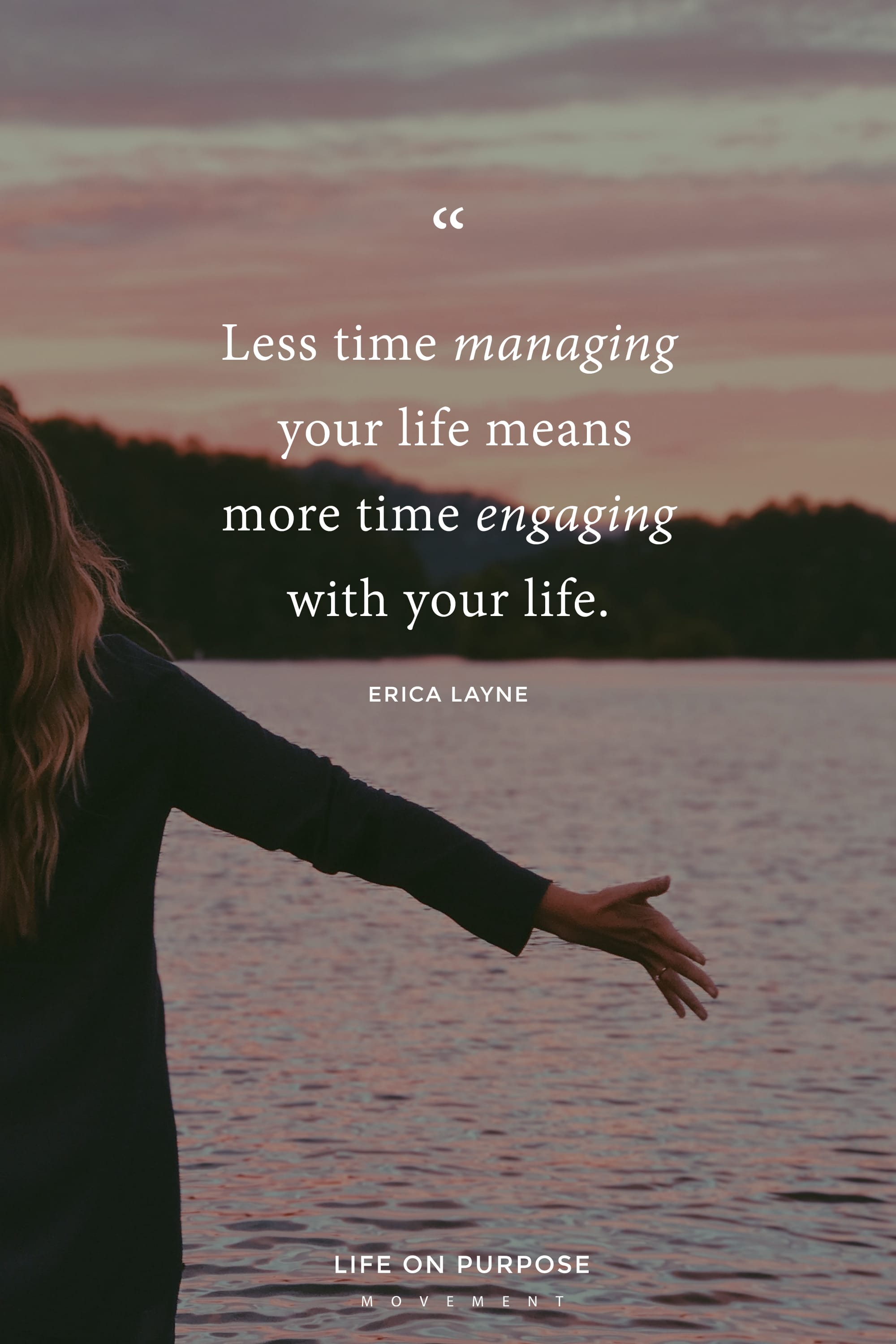
3. Are you shopping to escape your feelings?
Most of us have an unhealthy way or two (or three or four) of hiding from our feelings. We eat, drink, watch TV, or shop so that we don’t have to feel our truth in a given moment. We crave the dopamine hit we get from eating something sweet or making a purchase online.
Masking our feelings sounds so much more appealing than sitting with them. But I believe that real freedom comes when we begin to practice experiencing our humanness rather than running from it.
Shop less, allow yourself to feel your feelings, and live with less clutter. ?
4. There’s a dark side to donating
If the above weren’t reason enough to limit your consumption, how about this—
“By one estimate, used clothing is now the United States’ number one export by volume, with the overwhelming majority sent to ports in sub-Saharan Africa.” The Afterlife of Cheap Clothes, Slate
“African textile industries are closing their factories and laying people off because they cannot make clothes as cheaply as those American items found in the bend over markets.” The Truth About Where Your Donated Clothes End Up, ABC News
Read more about this here: The Dark Side of Donating: Where Your Donated Clothes Are Really Going.
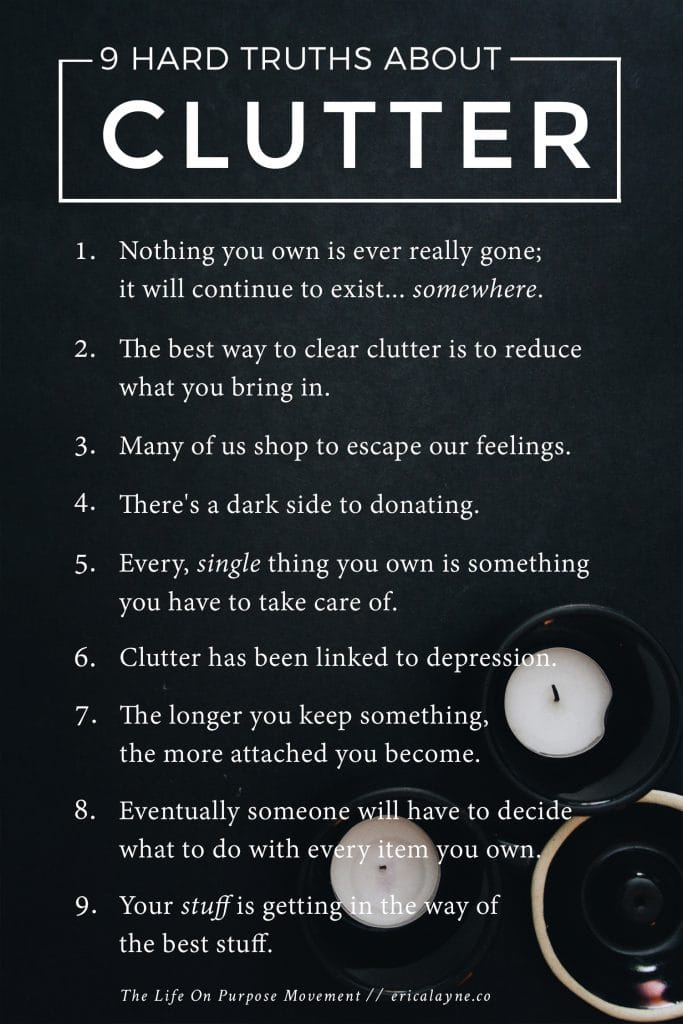
5. Everything you own is something you have to take care of
A friend recently told me what it was that started her on a path to minimalism. She read a single paragraph in Zero Waste Home where the author said that every decorative item sitting on a table is nothing more than something you have to dust.
She realized in that lightning-bolt moment that everything you own is something you have to take care of, so she immediately cleared off most of the surfaces in her house and instantly felt like she could breathe.
Our time is so precious; who wants to spend it cycling mountains of laundry from washer to dryer, replacing dead batteries or buying replacement parts, and shuttling items from room to room?
“The things you own in life end up owning you.” Tyler Durden
{Related: Declutter, De-stress: 7 Days to a Lighter, Calmer Home}
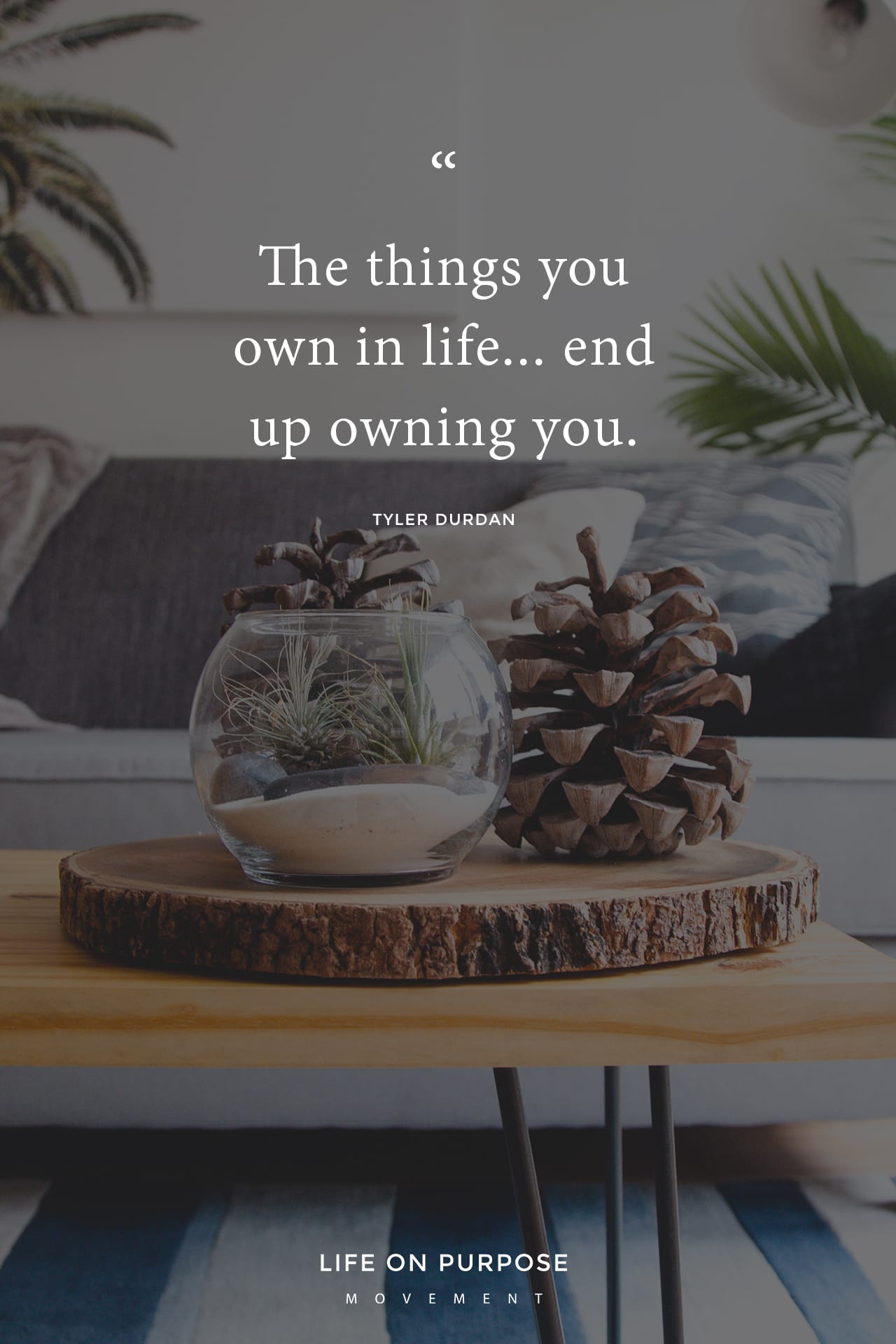
6. Clutter has been linked to depression
Women, in particular, suffer under the weight of our family’s belongings. UCLA researchers—who conducted a nine-year, rigorous study of how 32 families interacted with their belongings—found a correlation between high cortisol levels (read: stress) in women and a high density of household objects.
Source: Life at Home in the Twenty-First Century: 32 Families Open Their Doors
Clutter accounts for a significant, unseen portion of your mental load.
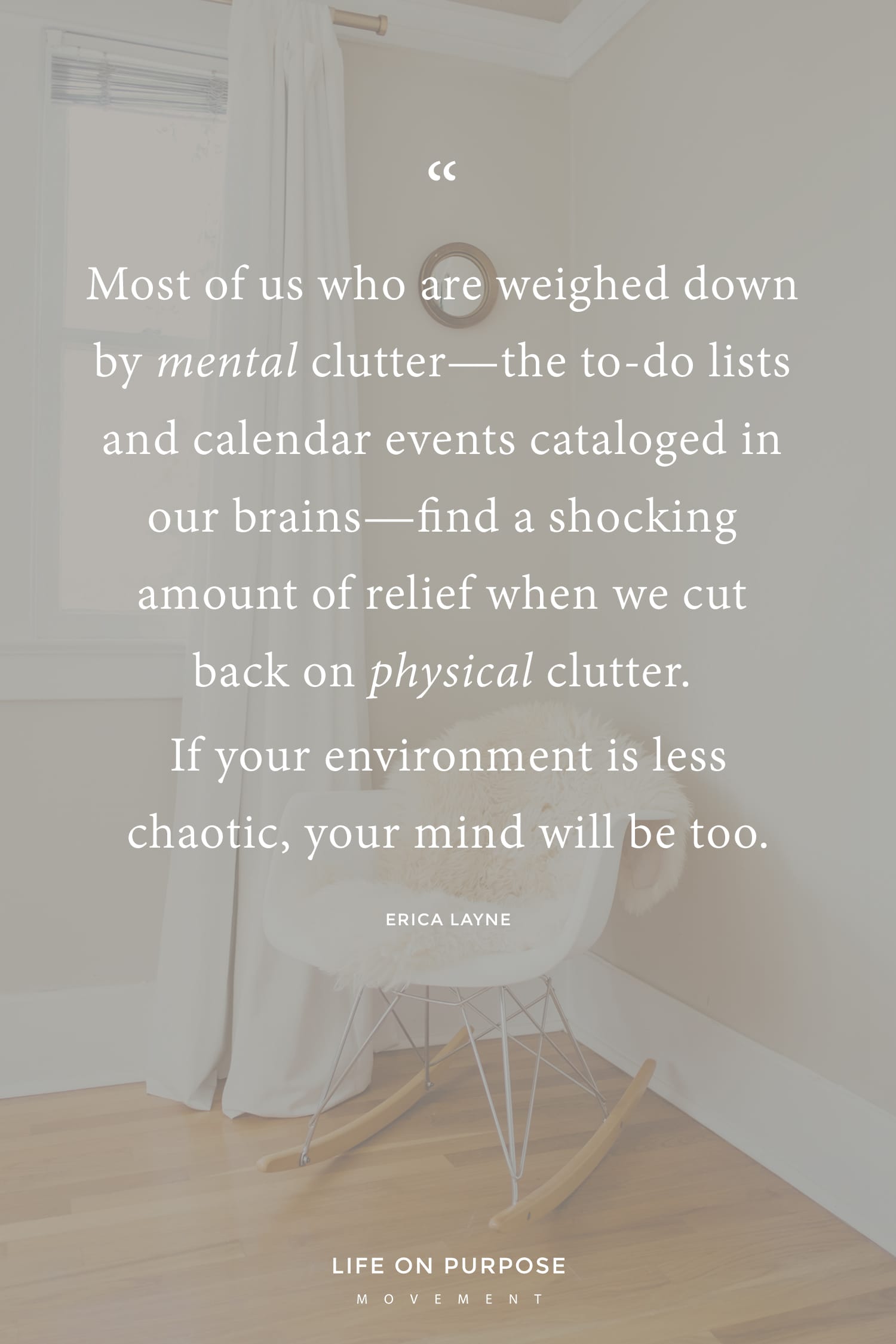
7. The longer you keep something, the more attached you become
I recently heard Gretchen Rubin say this on the Happier podcast, and it rang so true for me from my own experience.
One by one, as my sisters and I approached adulthood, our parents gave each of us a cedar “hope chest,” a place to store sentimental items. I remember my older my sister jokingly warning me to be careful what you put in there, because if it’s there long enough, it starts to feel special no matter what it was.
It turns out, she was right! I now have a stack of papers (notes, quotes & letters) from my high school days that didn’t feel particularly significant at the time, but now that I’ve had them for 15 years, they feel hard to part with.
So… Consider yourself warned. 😉
8. Eventually someone will have to decide what to do with every item you own
Whether it’s you or one of your loved ones, every non-consumable item will eventually be handled, sorted, and kept, sold, or donated. Everything you buy increases this burden on yourself, and someday, you may well pass this burden on. Is that what you really want?
Less is more.

9. Your stuff is getting in the way of the best stuff
While many of these truths are a little scary, like living with depression or dying and leaving your children to sort through your stuff, the one I actually find most compelling is the most hopeful.
Imagine what it would feel like to walk into your home and be greeted by belongings you love—and nothing more.
Imagine what you could do differently with your time if you’re spending a fraction of it managing your stuff.
Imagine yelling at your kids a lot less because they have half as many toys cluttering up your living space.
It feels good to imagine, right?
I promise—It feels even better to live it.
More from Episode 25 of “Life On Purpose with Erica Layne”
Here’s what else you can hear in the latest episode of the podcast!
- Try-On Session: A segment where I propose a new thought you can try on for size. With Mother’s Day coming up, today we’re talking about celebrating, instead of waiting to be celebrated.
- Self-Care Spotlight: A segment where I remind you not to neglect the person you spend all of your time with—you! Today I have two great book suggestions for you in a genre you might not expect.
- If you want to go deeper with these hard truths about clutter and make real strides to transforming your home, you can download my ebook on Amazon for only $5.99 USD: The Truth About Clutter: 9 Truths to Empower You to Let Go and Live Free.
- Download my free PDF—100 Things to Get Rid of to Simplify Your Home
Listen to the full podcast episode in your favorite podcast app or in the audio player below! And be sure to hit subscribe so future episodes automatically pop up in your podcasts feed!
Apple Podcasts | Google Podcasts | Spotify | Overcast | Stitcher | Amazon
Show produced by Callie Wright
Ready to clear your clutter and start fresh?
I’d love to invite you into my 7-day challenge where we’ll tackle one area of your house per day!
Declutter, De-stress: A 7-Day Challenge to a Lighter, Calmer Home
What You’ll Get
- 7 mini-lessons delivered to your inbox in 7 days
- 3 downloadable PDFs to help you declutter with purpose
- A calmer, more peaceful home—in just 7 days!
What We’ll Cover
- Day 1: Systems that WORK
- Day 2: Kitchen and pantry
- Day 3: Garage or storage areas
- Day 4: Master closet
- Day 5: Kids’ clothes and toys
- Day 6: Paper clutter
- Day 7: Celebrate!
Imagine how much you can get done in just seven days with a specific plan and support! Learn more and jump in right here! ↠↠ Declutter, De-stress: A 7-Day Challenge to a Lighter, Calmer Home
With you on the journey!

Which of the 9 truths is most motivating for you? (#5 is probably the one that comes to my mind most often…)

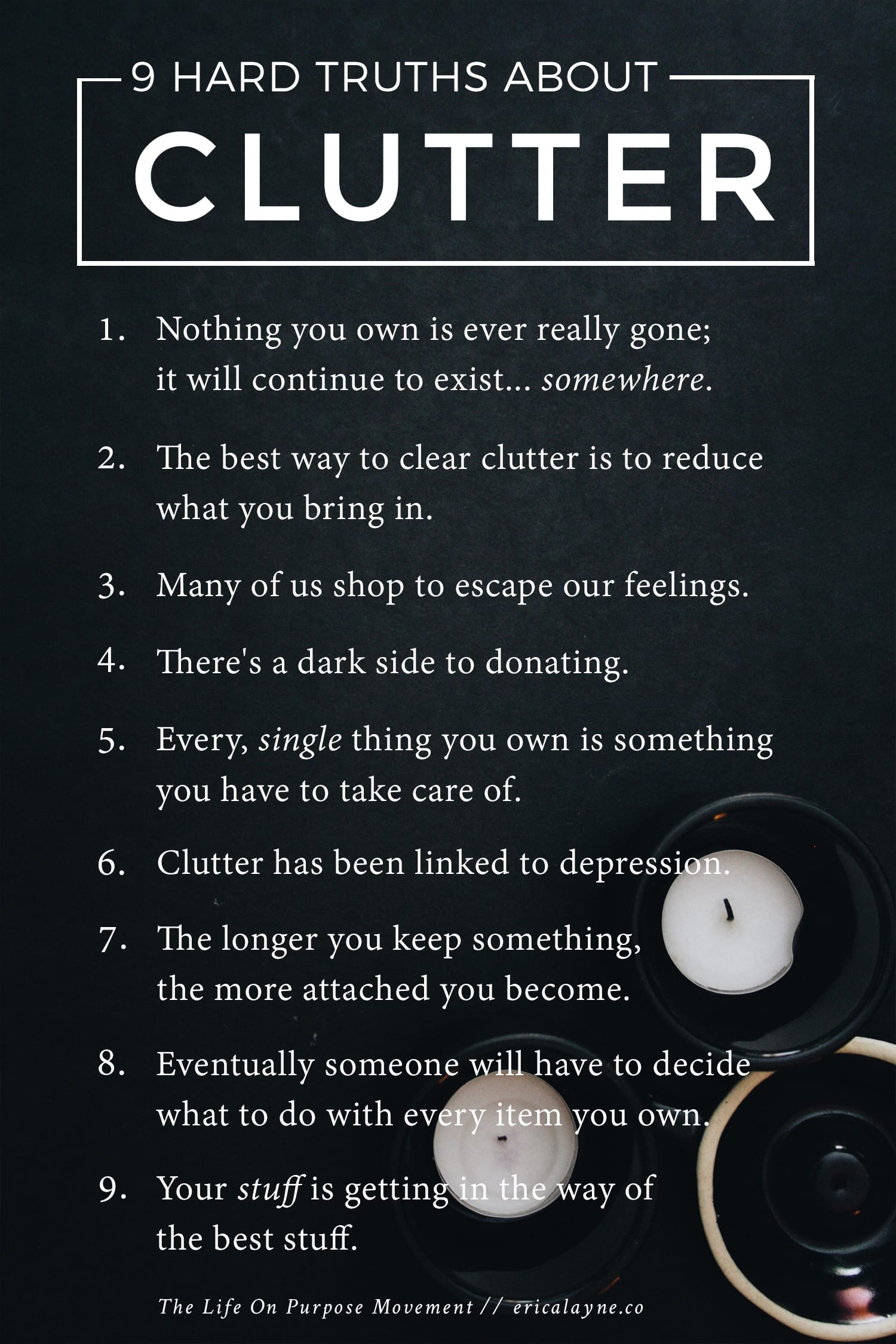
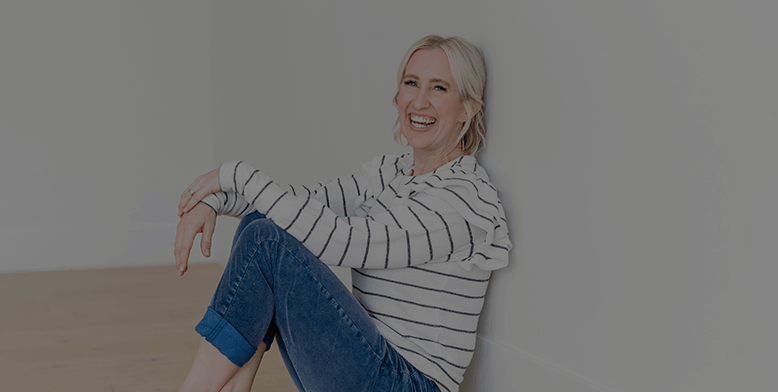
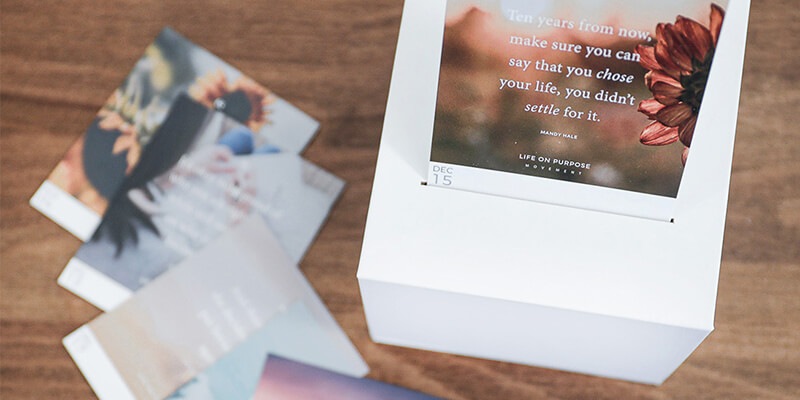
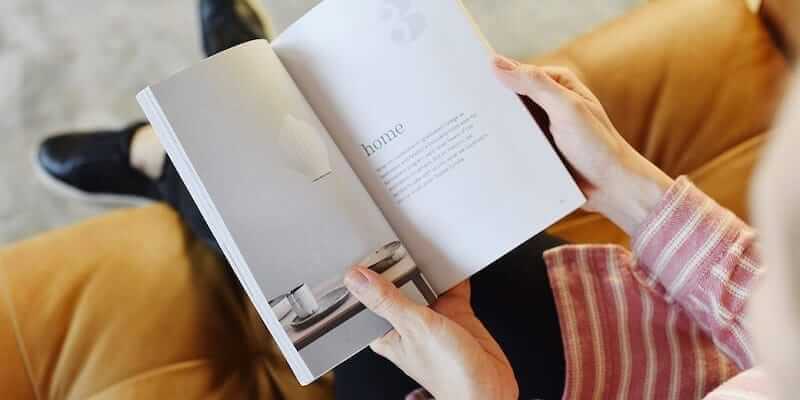
Love it, thank you.
#8 hit me hard because not too many years ago I had to deal with that same situation with my mother! I had begged her for years to get rid of her “valuable” antiques because I had no idea what they were or what they were worth! Turns out not much but cost a lot to dispose of! Now I am facing a daunting task of downsizing and uncluttering for my self. And just like #7 my husband just remarked when I asked my oldest if she wanted a particular piece of furniture “but we have had that since we were married!” It is really hard and I am thrilled to get some support!
Great article! I do wish more people knew how much it can cost to haul things away. I have stuff I would love to get rid of that is non-donatable, but can’t afford the hauling on a tight budget. I live in the country on a rough road with a high price just for basic trash removal. It is something most take for granted who live in places as I have, with free and/or inexpensive garbage pick-up.
That is so true. I live out in the country, and since I don’t own a truck or large vehicle that could make a trip to the dump, we have old broken washing machines, water heaters, lawn mowers, etc that are pretty much impossible to get rid of, plus some hard to get rid of items like an old recliner that is kinda broken but still works, but we don’t want it any more, but what can we even do with it.
You have to be careful not to discourage donating. There are crisis intervention charity shops that take clothes and donated houseware items into their store. PLEASE look at your local crisis intervetion womens/family charities with shops. Or even a FOOD pantry that takes your uneaten food and donate it, please. This includes pet fppd, cat and dog food. Request that they start providing for pets. This will make a difference between a person in crisis having to choose to eat or feed their pets. This may even prevent them from abandoning their pets due to hardship.Then their clients have store credit and can receive a certain amount of items. I always shop at a charity shop where I can see my donations on display. I know that they will be sold and will contribute to their goal in helping families. This keeps clothing and housewares and furniture in the area.
Hi, they are all very good reasons to simplify and unclutter. Number 8 speaks to me right now, because we just lost my father and step-mother, they were hit my a train coming home from the birthday party of his 93 year old sister. That was bad enough, but then we had to go through the house and find homes for everything, sell out and all that goes with that. It was very hard, and there are actually still a few boxes to get through.
I don’t want my children to have to go through that.
Oh my goodness, Patricia. I’m sorry I’m late saying so, but I couldn’t miss the chance to say I’m so sorry for your loss. That would be shocking. Wishing you and your family all the best. -Erica
Patricia, I could not read this comment and not convey my condolences for your loss. Dear Lord, what a terrible tragedy or you to have to bear, both losing them and then having to settle their estate. I admire your strength.
Sincerely,
Sorcha xx
I have just read an article about the impact of second-hand clothing on the textile industries of Sub-Saharan countries. Basically, it’s complicated (as real life usually is!) and there are many factors involved but second-hand clothes is a part of the problem.
https://www.bbc.co.uk/news/world-africa-44951670
Exactly, Jennifer. It IS complicated, but it’s definitely something worth being aware of. Thanks for sharing this article!
Number 8 impacted me the most. My dad moved out of the family home after my my pasted away. They had lived in the house for 60 years. When my sister went through the garage she found a few boxes filled with income tax papers fro before the were married over 60 years my sister took the to work with here a little at a time to shred them. There are more stories like that about their house but if you were to visit the house was beautiful clean and neat. I realize as doing this I realized how much stuff I hang onto, stuff I no longer neat or maybe like and I need to get rid of it so my son doesn’t need to deal with when I pass on! So…I have started to get rid of things which I just have or have no use for anymore or I don’t really like or bring me joy. I still have a long way to go…but I will do it! Thanks for your article.
This is a great point, Karel! Even a home that looks beautiful, clean, and neat, as you said, can very well have plenty of things hidden away that no one needs. Good for you for being proactive. All the best!
I just reread what I posted sorry for all typing mistakes.
#4 on the list. I never thought what I donated could have a negative affect on other people’s lives.
GAH! I was *just* talking about this on my blog, that I’ve streamlined my belongings, but everyone else in my family refuses to clean up after themselves and constantly dumps their stuff all over (and I’m the only one who cleans any of it up). It’s a neverending source of frustration and anxiety for me, since the clutter does indeed bring about anxiety for my already anxious brain (and since I struggle with chronic pain, constantly cleaning and recleaning everyone else’s mess is yet another source of pain for me). If anyone has any suggestions on how to deal with the fact that nothing is going to change about that kind of situation, I’m truly, truly all ears. I don’t mean to sound like a wet blanket here, but this is unfortunately the reality of my situation.
My kids are younger (3, 5, and 7), and I tell them I cannot do the fun things they want (go to the park, snuggle as we watch a movie) because I am wiping the sticky table they left, or emptying their backpacks, or whatever. All actions have consequences, and time is a valuable commodity.
When my children were young, I used a laundry basket method to pick up after them. I would go around at clean up time and put items -socks, books, toys, in each child’s basket. As I was cleaning, my kids were cleaning this way, too, putting items in corresponding peoples’ baskets. Then the baskets go to their rooms. They had to empty their own basket and put items away before they had free time the next day. It moved the mess to the places it needed to go, and into the hands of the people who needed to deal with it. I still pick up after my husband this way. And I use this method for myself also. Maybe this helps you a little. I know how it feels to be the first one up, the last one to bed, and feeling like my work is never done while other people lounge around.
I ran across an idea that may help. One mother would remind her children a half hour prior to bedtime to put their things away. After the children were in bed, she went around the house with a basket and picked up everything left out. The children had to do chores to earn their items back. If an item was not redeemed within 2 weeks, it was sent to the thrift store. The children learned to do chores and clean up after themselves but they also learned what was important to them and what was just stuff they didn’t truly care about cluttering their lives.
Wow. You brought up points that I have never heard anywhere else. Thank you for writing this! I’m bookmarking so I can revisit it a few times and let it percolate as I change my own habits.
How do you respond to crafters, DIY upcyclers and other folks whose creative urges result in unusual (and often unwanted) gifts that become more stuff for which we must find mental and physical space in our homes? The holidays are 5 months away and already someone in the family is crowing over the fantastic handcrafted decoration (dust-catcher) she’s making. Last year’s items were filled with fake candles, silk flowers, feathers, fake birds, fairies, and jewels; NONE of which were part of anyone’s home decor scheme. And I haven’t mentioned the unspoken expectation that we’ll all be buying batteries needed to keep these horrors glowing. Suggestions, please!!!
Accept it graciously with thanks and as soon as possible, give it to the art department at your children’s school or to a thrift shop .
Wow, great article, I will definitely reread it a few times to keep me motivated. I would just hate to burden my kids with all the ‘stuff’ hidden all over. Time to deal with it!
Love these ideas for getting children to pick up, sort, put away. It’s my husband and I now — he is the clutteriest (my made up word)person I’ve ever known! I guess I could go around with a basket and pick up his stuff, hand it to him and ask him to put it away. I’m pretty sure the basket would sit where I put it (or be moved if it were in his way) and not be emptied for months.
I just found your article today and really enjoyed it. Thanks for sharing. I also enjoyed reading all the comments. Some people really have great ideas! Thanks so much. I will share this with friends & family.
#8 because I lived through it cleaning my mother-in-law’s basement when she moved into assisted living. That old toaster on the shelve? Not working but she just couldn’t bring herself to throw it out. Stacks of old newspapers, aviation books that belonged to her deceased husband, etc. all had to be sorted through and most ended up in the landfill. I vowed to never do that to my children.
This is the first post on the internet that I’ve seen that addresses the part of clutter regarding the “reduce what you bring in”!!!! Other posts I’ve read (books too) address the decluttering but not the “quit shopping” part of the issue! Thank you!